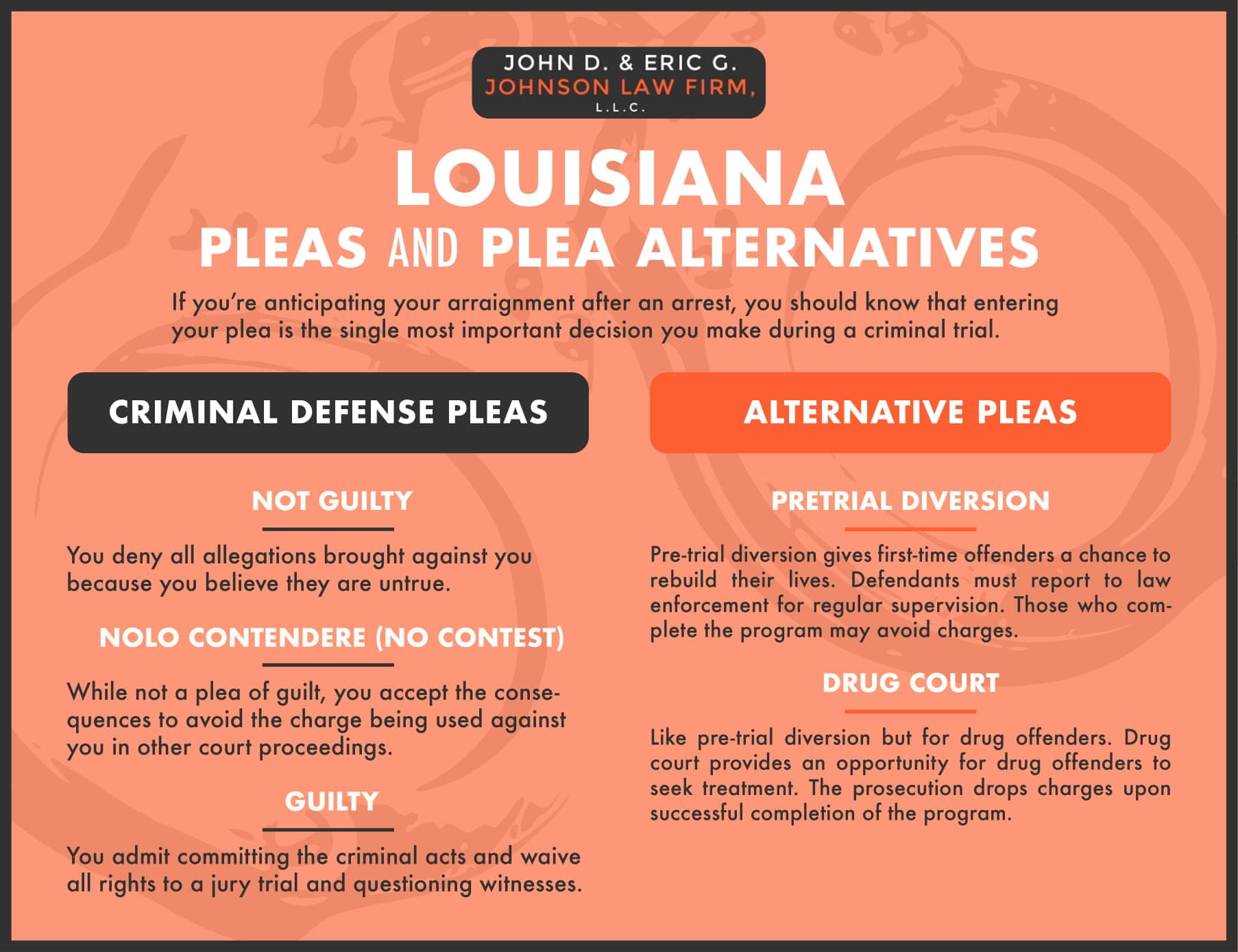Planning For The Refine: The Timeline Linked With A Common Separation Situation
Planning For The Refine: The Timeline Linked With A Common Separation Situation
Blog Article
Author-Huynh Pierce
As you start the trip of browsing a divorce situation, you may find yourself questioning the timeline that exists in advance. From the preliminary phases of filing documents to the complexities of settlement and the possibility for a trial, each action holds its very own set of challenges and uncertainties. Comprehending the series of events can assist you plan for what's ahead and expect the twists and turns that might develop along the road.
First Declaring and Service of Documents
When beginning the divorce procedure, the initial step is the first filing of the essential papers with the court. This step formally starts the lawful procedure and sets the divorce case moving. You have to send kinds that lay out the grounds for separation, possessions, responsibilities, earnings, costs, and any other pertinent details needed by the court.
After submitting these files, duplicates should be offered to your partner, notifying them of the separation proceedings. linked resource site can be done with a process server, sheriff's office, or qualified mail, guaranteeing that your spouse is formally informed of the separation situation against them.
When the records are submitted and offered, the court will offer a case number and designate a court to manage the case. It's crucial to accurately finish and submit these files, as any kind of errors or omissions could delay the separation process.
This preliminary action lays the foundation for the lawful dissolution of your marital relationship, marking the start of a possibly difficult however required procedure.
Exploration and Negotiation Stage
Throughout the Discovery and Arrangement Stage of a divorce situation, both parties participate in collecting details and exchanging pertinent papers to much better recognize each other's monetary scenarios and various other essential information. This phase is important as it sets the foundation for arrangements and prospective negotiation arrangements. With methods such as interrogatories, requests for manufacturing of papers, and depositions, each event intends to reveal facts, properties, financial obligations, and other crucial info that may impact the situation's outcome.
Arrangements during this stage typically entail discussions on numerous concerns like property department, kid guardianship, visitation routines, and financial support. Both events might deal with their lawyers to check out negotiation alternatives, possibly avoiding the need for a trial.
Arbitration or collective regulation procedures might also be made use of to promote productive discussions and reach equally acceptable arrangements. It's necessary to approach this stage with transparency, honesty, and a willingness to endanger to achieve a smoother resolution and lessen the emotional and financial toll of a lengthy court fight.
Test and Last Resolution
Moving on from the Exploration and Arrangement Phase, the Test and Final Resolution phase marks the conclusion of your separation case. This phase is where unsettled problems are brought before a court to make decisions on matters like possession division, youngster custodianship, and support. The trial usually involves offering evidence, witness testaments, and lawful disagreements to support your instance.
Throughout the trial, both parties will certainly have the possibility to present their positions and counterarguments. It's crucial to be prepared, as the court's decision will significantly affect the last end result of your separation.
Adhering to the test, the court will provide a final judgment that lays out the regards to the separation, including any kind of monetary negotiations and custody plans.
As soon as the judgment is released, the separation is wrapped up, and both events are legitimately bound by its terms. While the trial phase can be stressful and emotional, it's a necessary action towards getting to a last resolution and moving forward with your life post-divorce.
Final thought
To conclude, navigating a divorce case involves a series of actions from filing first papers to getting to a last resolution. Understanding the timeline of events can assist you get ready for what to anticipate throughout the procedure. By being positive, seeking legal assistance, and staying notified, you can browse the intricacies of divorce procedures with confidence and clarity.
